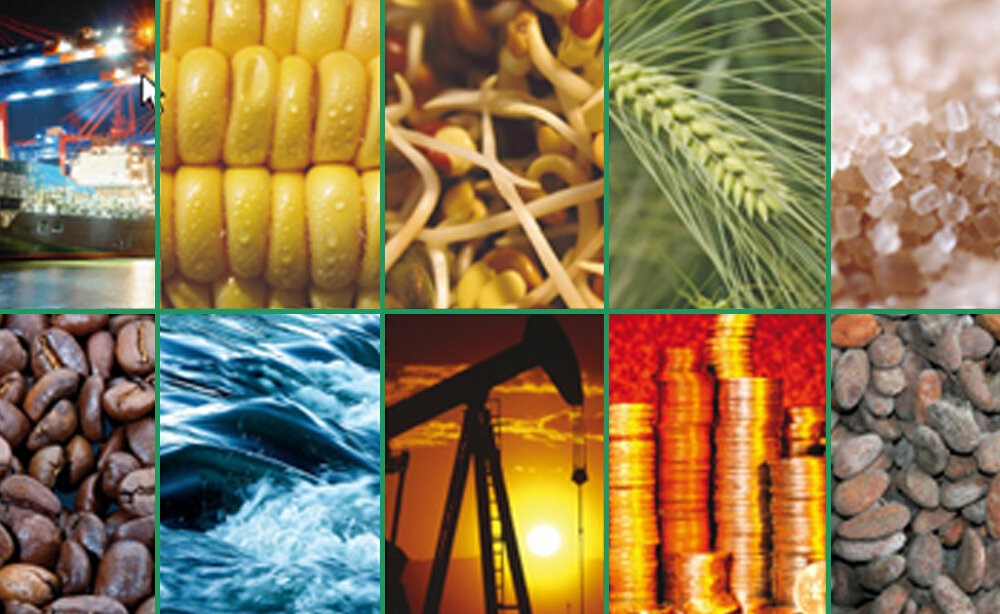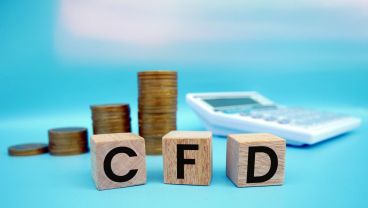What are Commodities?

Commodities market is one of the main types of financial markets where various raw materials and agricultural products are bought and sold. On these platforms, goods are standardized and interchangeable with other goods of the same type.
The purpose of commodity markets is to facilitate the trading of these material assets between producers, consumers and investors. Commodities can exist in both physical and electronic forms, which allows you to buy and sell goods using various financial instruments, as well as earn money by changing their rate, carrying out speculative operations on the stock exchanges.
Commodities and raw materials can be roughly divided into two main categories:
- “Hard” commodities:
These are natural resources that are mined or extracted from the earth.
Metals: Includes both precious metals such as gold, silver, and platinum, and industrial metals such as copper, aluminum, zinc, and nickel.
Energy products: Includes crude oil, natural gas, fuel oil, and gasoline.
- “Soft” commodities:
These include agricultural products: wheat, corn, coffee, rice, oats, milk, etc.
Livestock and meat: including cattle, pork, poultry and other meat products.
There are two main types of transactions in the commodity section: over-the-counter and on-exchange transactions.
Over-the-counter transactions usually involve the immediate purchase or sale of commodities and can be divided into spot contracts, or purchases/sales "here and now", and futures contracts, which entail settlements at current prices with delivery at a later date.
Exchange trading mainly involves trading in commodities through futures contracts, the volumes of which often exceed production levels. Some of these contracts are concluded without physical delivery, when cash settlement occurs between counterparties upon expiration of the contract, without the transfer of goods.
The most well-known commodity exchanges include: the New York Mercantile Exchange (NYMEX) for energy, the Chicago Board of Trade (CBOT) for agricultural products and the London Metal Exchange (LME).
It is important to note that for retail investors, it is the exchange type of trading that is the main area of interest and it is this that allows them to earn on the difference in the price of goods bought/sold. So-called CFD contracts (contracts for difference in the price of the underlying asset), provided by many financial brokers, are often used for these purposes.
What else can you use commodities for in your investment portfolio besides speculation?
Diversification: They can help diversify investment portfolios because their prices often move independently of traditional asset classes like stocks and bonds.
Inflation Hedge: Commodities are often seen as a hedge against inflation because their prices can rise when inflation rises.
Risk Management: Commodity producers and consumers use futures contracts to manage the price risks associated with their businesses.
